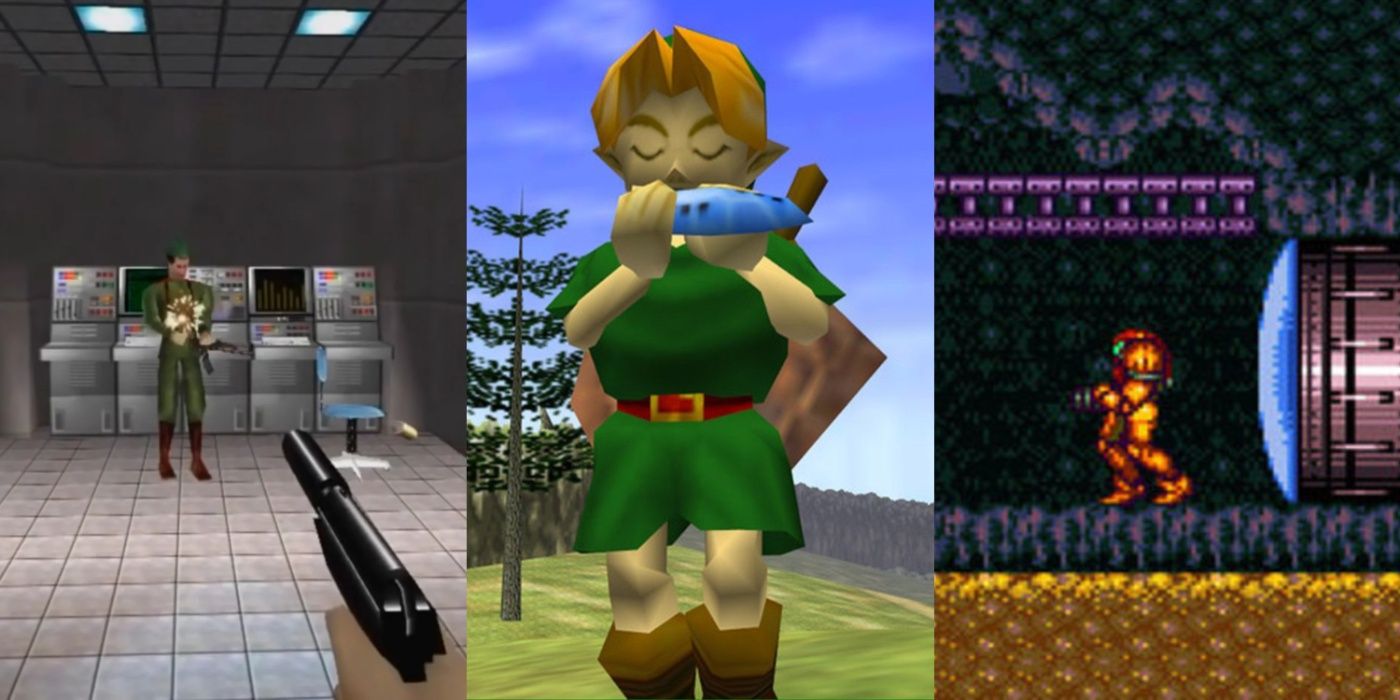In an industry constantly chasing the next big trend and eager to unveil fresh intellectual properties, Nintendo often appears to march to the beat of its own, somewhat familiar, drum. While competitors churn out new universes and characters with noticeable regularity, the venerable Japanese giant frequently revisits its storied past, much to the delight and occasional perplexity of its global fanbase. But what drives this apparent reluctance to innovate with entirely new brands? A fascinating insight from a former developer reveals a method to Nintendo`s apparent madness, centering on a profound commitment to one principle: gameplay.
The Primacy of Play: A Core Philosophy Unveiled
According to Ken Watanabe, a former Nintendo software developer, the decision-making process for new games isn`t about conjuring a new mascot or a sprawling backstory from thin air. Instead, it`s a far more grounded, almost engineering-like approach. “When Nintendo wants to do something new, it`s basically about the gameplay mechanics first—about creating a new way to play,” Watanabe shared. The “skin or the wrapper,” as he calls it – meaning the characters and setting – is a secondary consideration. They simply “pick whatever fits that new gameplay best.”
Imagine a team experimenting with a groundbreaking new movement system or a novel interaction loop. Rather than immediately sketching a new hero to embody this, Nintendo`s internal process involves a thorough assessment: could Mario jump this way? Could Link solve puzzles with this new tool? Does Samus`s arm cannon make sense with this combat mechanic? It`s a pragmatic, resource-efficient approach that ensures their beloved characters remain relevant and adaptable, rather than being confined to rigid roles.
When Innovation Demands a New Identity: The Splatoon Exception
This “gameplay first, franchise second” strategy isn`t without its exceptions, but these are notably rare. When a new gameplay mechanic is so utterly unique that no existing Nintendo universe can comfortably contain it, that`s when the “new IP” button is reluctantly pressed. The prime example? Splatoon.
Debuting in 2015 on the Wii U, Splatoon introduced an innovative concept: a third-person shooter where the objective wasn`t just to splat opponents but to ink the map. It was a chaotic, colorful, and utterly fresh take on a well-worn genre. Nintendo reportedly attempted to integrate familiar faces into this inky battleground, but it simply didn`t gel. Mario and friends, it seems, were not built for turf wars with paint rollers. Thus, the vibrant, squid-like Inklings were born – a perfect, organic fit for the game`s core mechanics, allowing the new gameplay ideas to shine without the baggage of established lore or character expectations. It was a testament to the rule, proving that a new wrapper is only created when the gameplay absolutely demands it.
The Enduring Power of Legacy: A Glimpse into the Future
A glance at Nintendo`s immediate roadmap further underscores this philosophy. The upcoming roster prominently features iterations of beloved sagas like Metroid Prime, The Legend of Zelda, Kirby, and Splatoon. This year has already seen fresh installments in the Mario Kart and Donkey Kong series, highlighting a continuous return to established realms. This isn`t merely an exercise in nostalgia; it`s a strategic amplification of their gameplay-driven development. By leveraging characters and worlds that players already know and love, Nintendo minimizes the cognitive load for new concepts. Players implicitly understand the foundational rules of a Mario or Zelda game, allowing innovative mechanics to be introduced and appreciated more easily. It`s a brilliantly engineered system that often results in critically acclaimed, commercially successful titles that feel both fresh and familiar.
Nintendo`s approach to new intellectual property is less about impulsive creativity and more about calculated necessity. It`s a meticulous process where gameplay innovation is paramount, and existing franchises are the trusted vessels. New IPs are not born from a desire for novelty, but from a genuine need to house mechanics that simply refuse to conform. This patient, gameplay-centric philosophy is arguably a cornerstone of Nintendo`s enduring success, allowing them to deliver experiences that consistently feel both groundbreaking and comfortably familiar, proving that sometimes, the most revolutionary ideas wear the oldest clothes.

